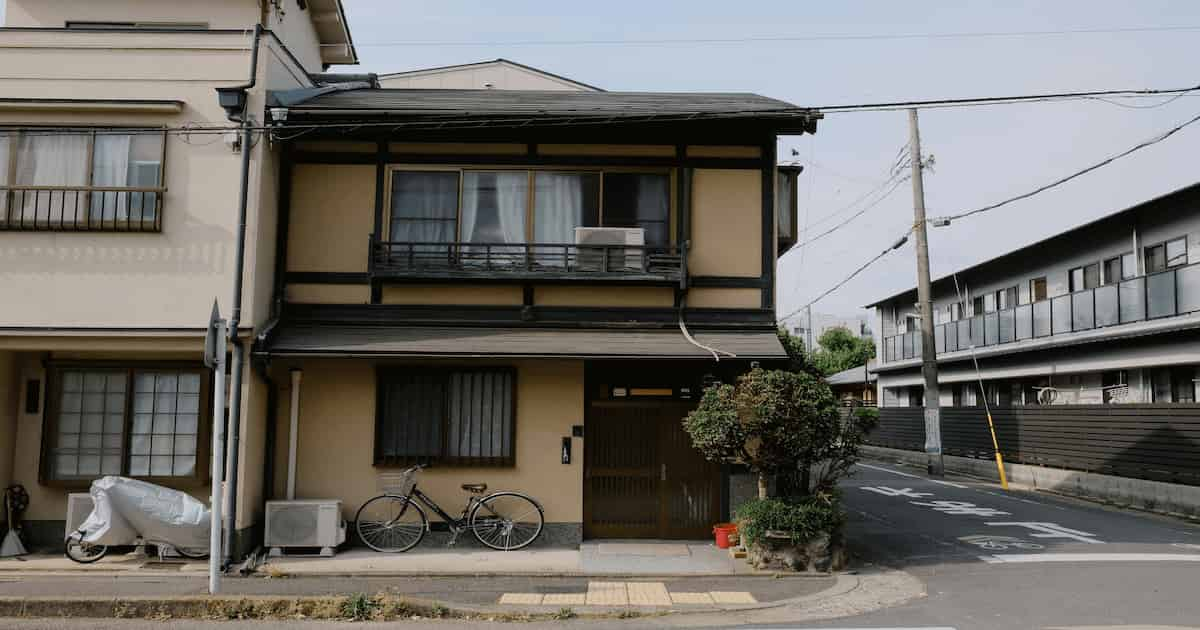If you could live anywhere in the world, where would it be? Probably Japan right. In Tokyo? In an apartment? Discussing where you previously, currently or would like to live is common in everyday conversation, especially when meeting new people and self-introductions. So today, let’s break down the Japanese word for 'to live', sumu 「住所」 (じゅうしょ). We'll learn what is means, how can it be used, and what to avoid confusing it with.
The meaning of 住む (sumu)
「住む」means "to live" or "to reside." This verb is commonly used when talking about where you live or asking someone about their residence. Whether it’s a city, a country, or even a specific place, 住む covers it all! It’s a must-know word for JLPT N5 and beyond.
東京に 住んでいます。
I live in Tokyo.
Kanji breakdown
住
live, reside, inhabit, dwell
The kanji 住 is composed of two parts. 亻 (the "person" radical) on the left, hints at people or actions. 主 (meaning "main" or "master") on the right, gives the idea of something central or important. Put them together: think of a person (亻) who stays or lives (住) where their main or important place (主) is.
Example sentences
どこに 住んでいますか。
Where do you live?
10年 アメリカに 住みました。
I lived in America for 10 years.
私は 大きな 家に 住んでいます。
I live in a big house.
彼女は 3階に 住んでいます。
She lives on the third floor.
Difference between 住む and 生きる
「生きる」(ikiru) is a JLPT N4 word that can also mean "to live", but in the sense of 'living' and 'being alive', opposed to 住む (sumu) which means to live in the sense of 'residence' and to 'reside'.
お父さんが まだ 生きています。
My dad is still alive.
Difference between 住む and 暮らす
暮らす (kurasu) is a JLPT N3 word which can have the meaning of 'to live' however, it in the context of the lifestyle or way of living. It's not tied to a specific location. It emphasizes daily life or how you spend your time.
彼女と いっしょに 暮らしています。
I live with my girlfriend.
Extra
The kanji「住」appears in several other words you might encounter on your JLPT journey, including another N5 vocabulary such as:
